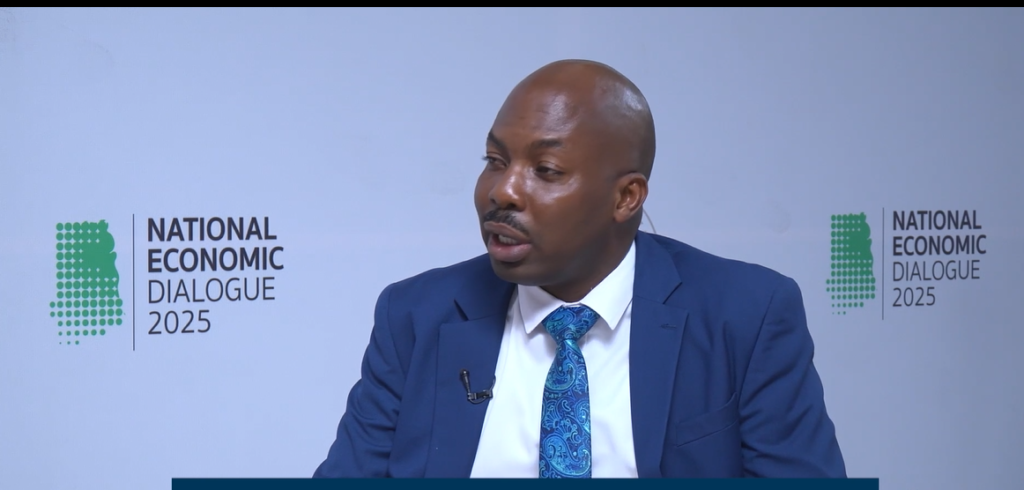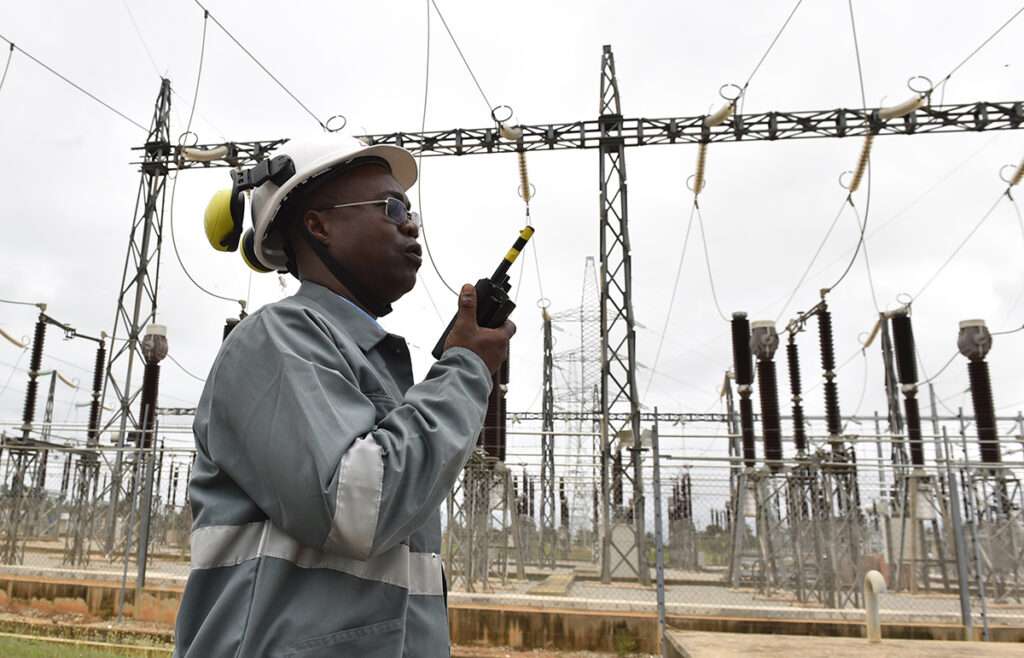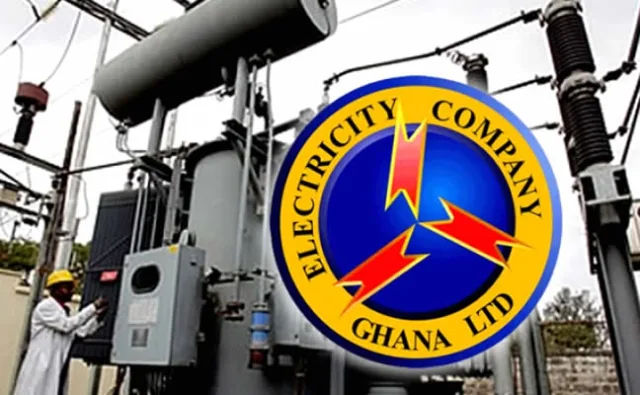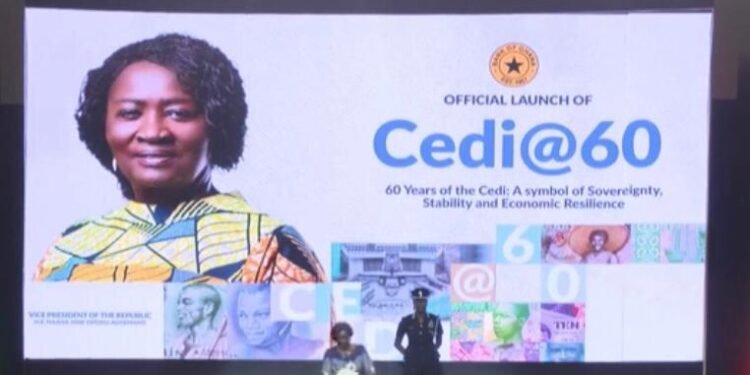Ghana’s energy sector, long burdened by structural inefficiencies and foreign exchange volatility, may be entering a pivotal period of recovery, thanks to a rare and sustained appreciation of the Ghana cedi (GHS).
The local currency has gained over 20% against the US dollar in the first five months of 2025—delivering much-needed relief to the Electricity Company of Ghana (ECG), which has long struggled under the weight of USD-denominated obligations.
In a detailed policy analysis, Dr. Elikplim Kwabla Apetorgbor, Chief Executive Officer of Independent Power Generators Ghana, laid out the potential for this currency shift to dramatically improve ECG’s solvency, reduce systemic risk, and stabilize the entire power value chain—if managed with discipline and foresight.
“Historically, the depreciation of the Ghana cedi has significantly undermined ECG’s solvency.
“With most of ECG’s financial obligations priced in USD, every cedi lost in value has triggered a higher local currency burden.”
Dr. Elikplim Kwabla Apetorgbor, Chief Executive Officer of Independent Power Generators Ghana
The cumulative effect has been a perverse feedback loop: forex losses drive payment arrears to Independent Power Producers (IPPs), leading to unreliable supply and eventual government bailouts under the Energy Sector Recovery Programme (ESRP).
At the heart of ECG’s financial crisis lies a persistent mismatch between its revenue—which is collected in cedis—and its major payment obligations, which are primarily in dollars.

Power Purchase Agreements (PPAs), fuel supply contracts, and equipment servicing arrangements are often denominated in USD, creating exposure that worsens with every unit of cedi depreciation.
However, Ghana’s macroeconomic landscape is shifting. Driven by stronger cocoa and gold export inflows, IMF disbursements, and sound monetary policy, the cedi’s recent appreciation has opened a crucial financial window.
“If ECG previously needed GHS 600 million to meet a USD 50 million obligation at an exchange rate of 12, it now needs only GHS 540 million at a rate of 10.80.
“This GHS 60 million monthly saving translates into GHS 720 million annually—enough to meaningfully reduce arrears or fund network upgrades.”
Dr. Elikplim Kwabla Apetorgbor, Chief Executive Officer of Independent Power Generators Ghana
ECG’s own unaudited 2024 financials reveal that over 35% of its expenditures are forex-linked, meaning the cedi’s strength directly trims its overhead. This, Dr. Apetorgbor stressed,“is not merely an accounting benefit—it’s a real liquidity improvement with national significance.”
Ripple Effects Across the Value Chain

The implications go beyond ECG. The appreciation eases the burden on fuel importers like Ghana Gas and the Volta River Authority (VRA), whose gas and crude oil imports are also USD-priced.
For the Ministry of Finance, which regularly intervenes to cover ECG’s dollar invoices, the cedi’s strength provides fiscal space for capital investments instead of recurring subsidies.
“This is a direct macro-fiscal dividend. It allows the government to reduce transfers and refocus resources on social infrastructure or energy sector modernization.”
Dr. Elikplim Kwabla Apetorgbor, Chief Executive Officer of Independent Power Generators Ghana
Experts are urging ECG and the Ministry of Energy and Green Transition (MoEnGT) not to squander the opportunity.
Dr. Apetorgbor recommended the establishment of a Forex Stabilization Fund, built from current savings, to cushion the sector against future currency shocks.

He also called on regulators, especially the Public Utilities Regulatory Commission (PURC), to recalibrate tariffs in light of real-time cost reductions. “Tariffs should reflect actual forex-adjusted costs—not lagging estimates,” he said.
Another priority, he argued, is debt servicing. ECG, GRIDCo, and VRA hold legacy debts in USD. Now is the time to strategically retire some of those obligations, reducing long-term exposure and restoring creditworthiness.
Dr. Apetorgbor’s warning is clear: “Without structural reforms, this windfall could dissipate into short-term spending. The challenge is to institutionalize gains, not merely enjoy them.”
The appreciation of the cedi in 2025 is more than a macroeconomic footnote. It may be the break Ghana’s ailing power sector—and ECG—desperately needs. But realizing this promise depends on decisive, coordinated action.























